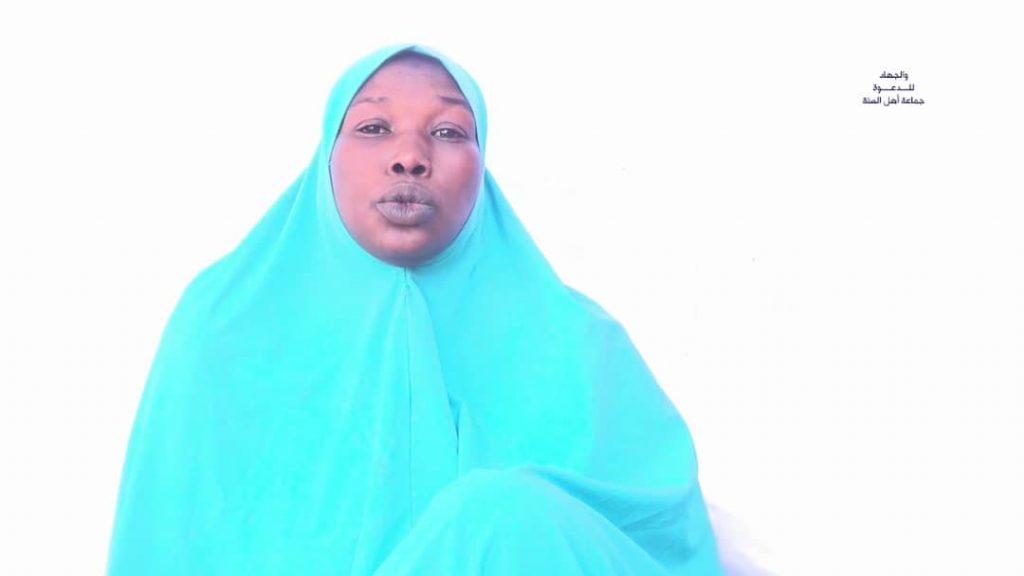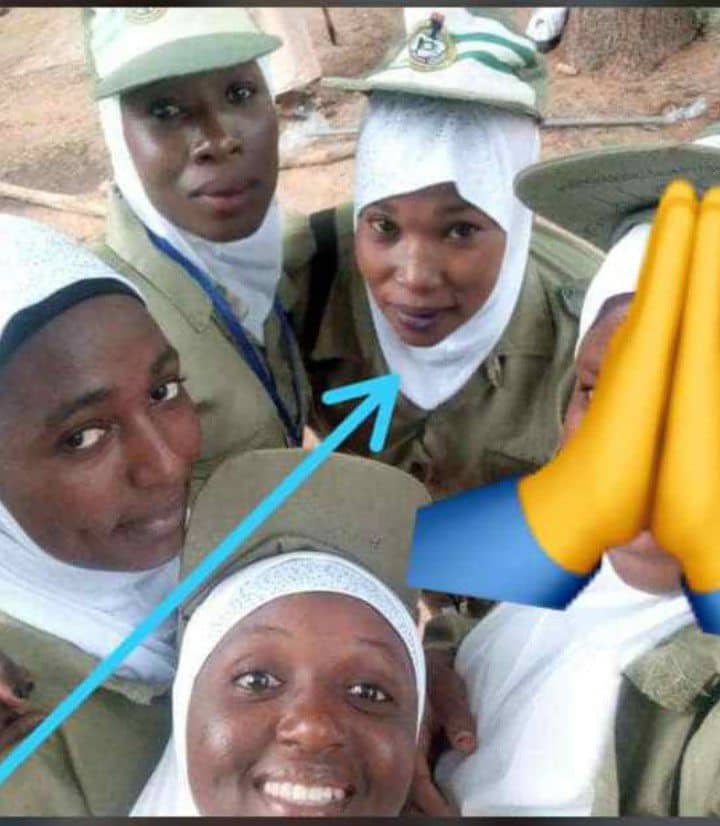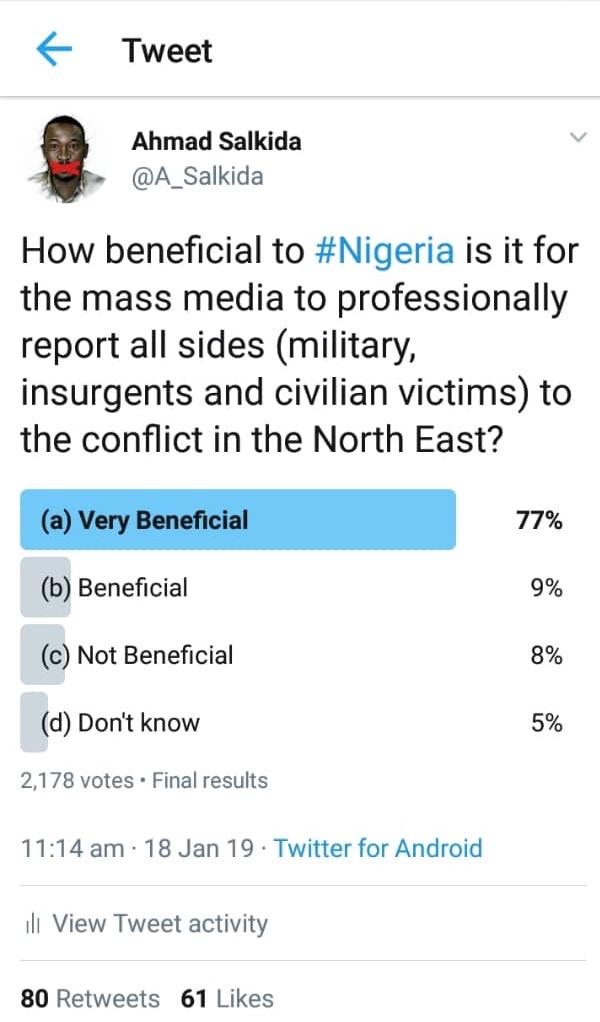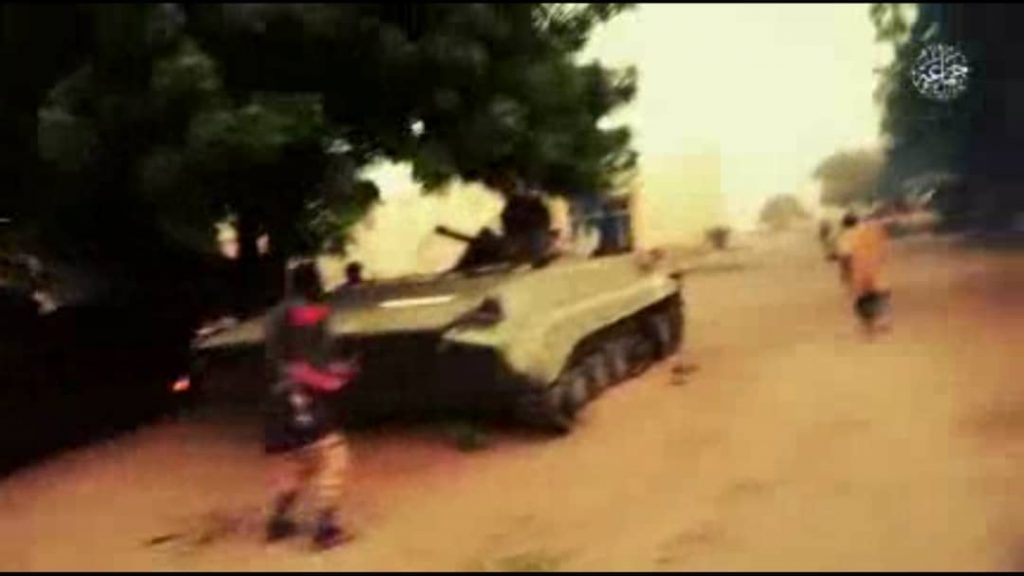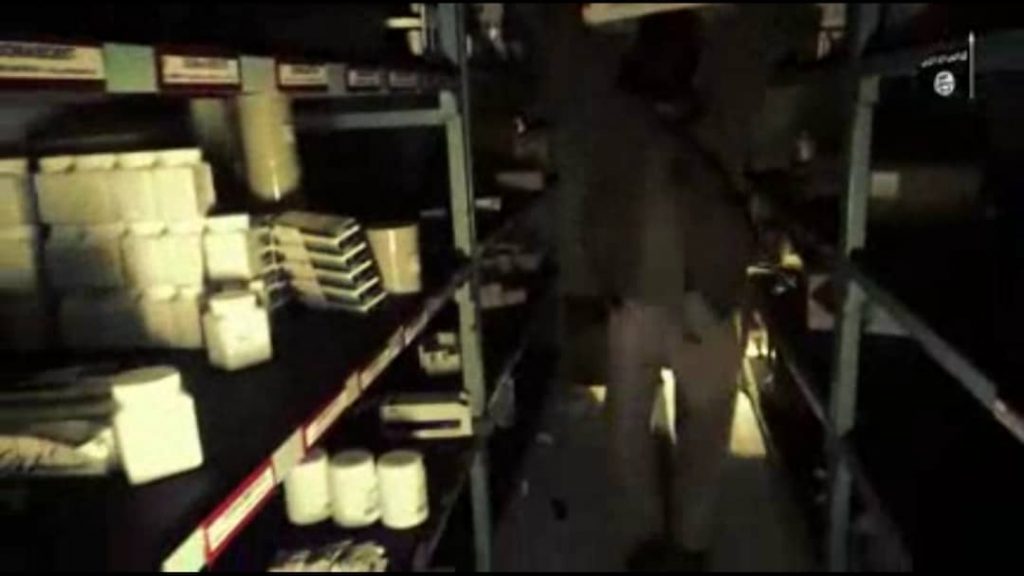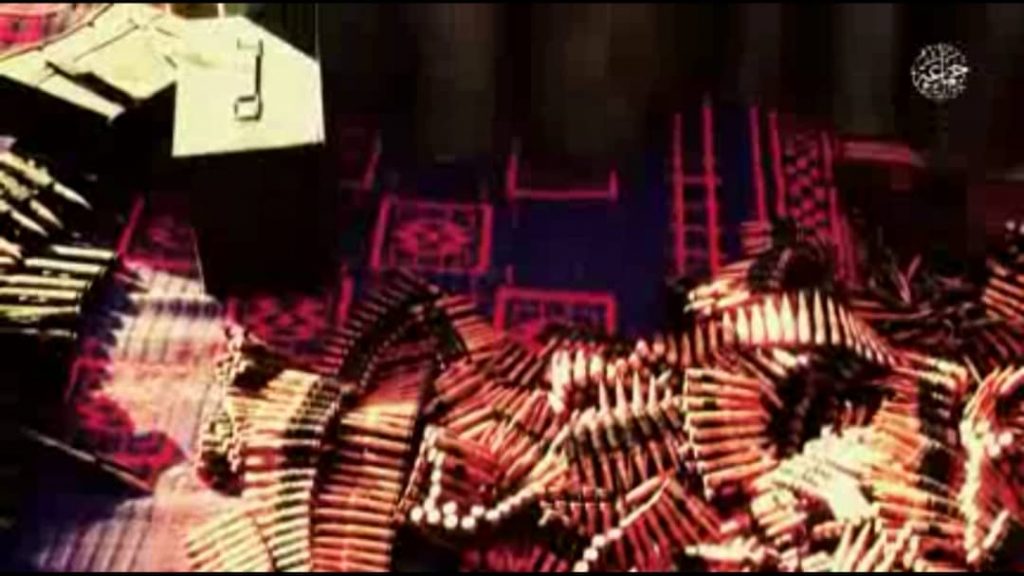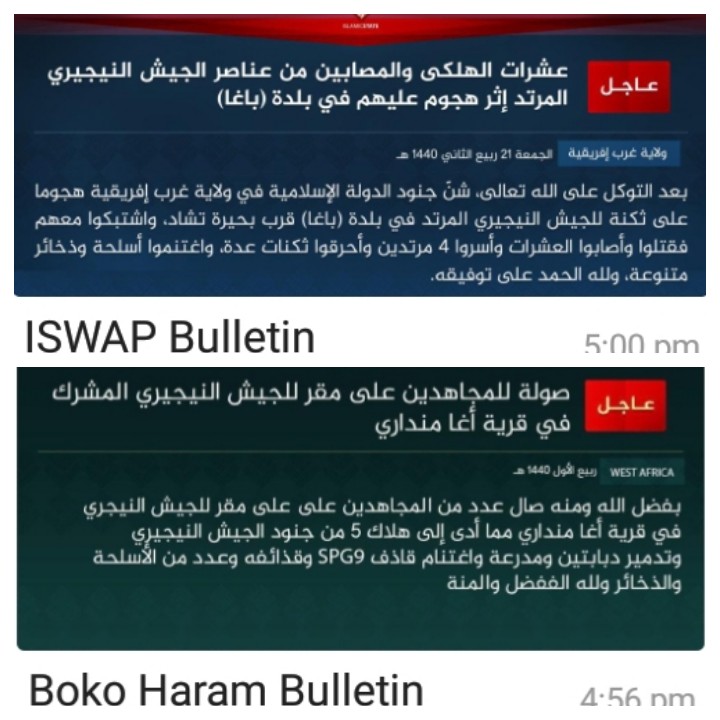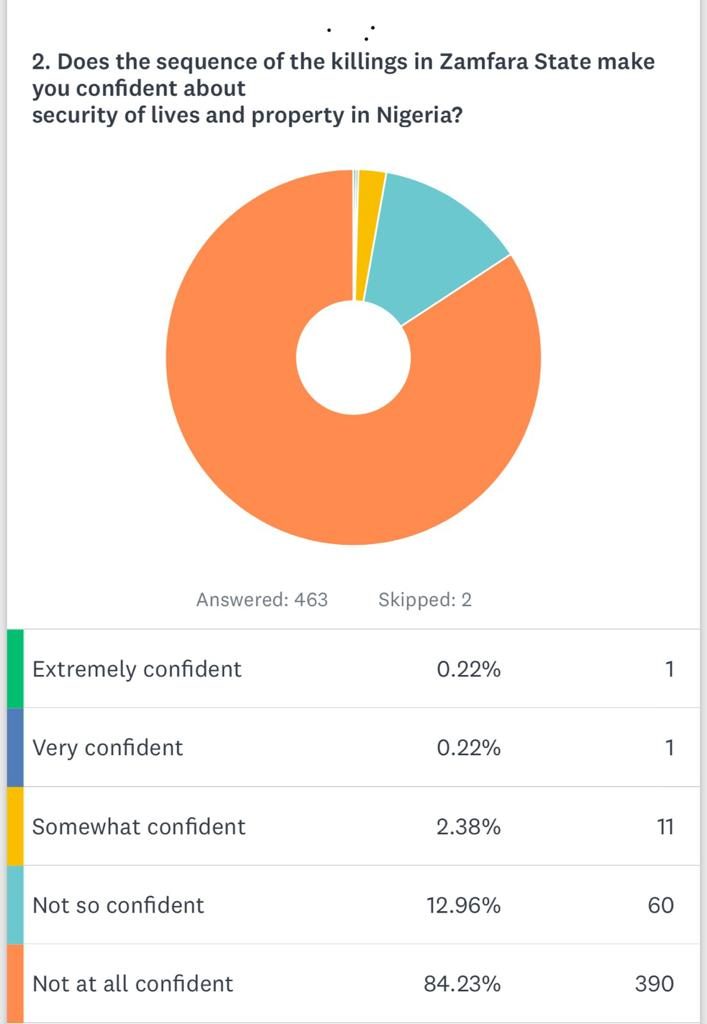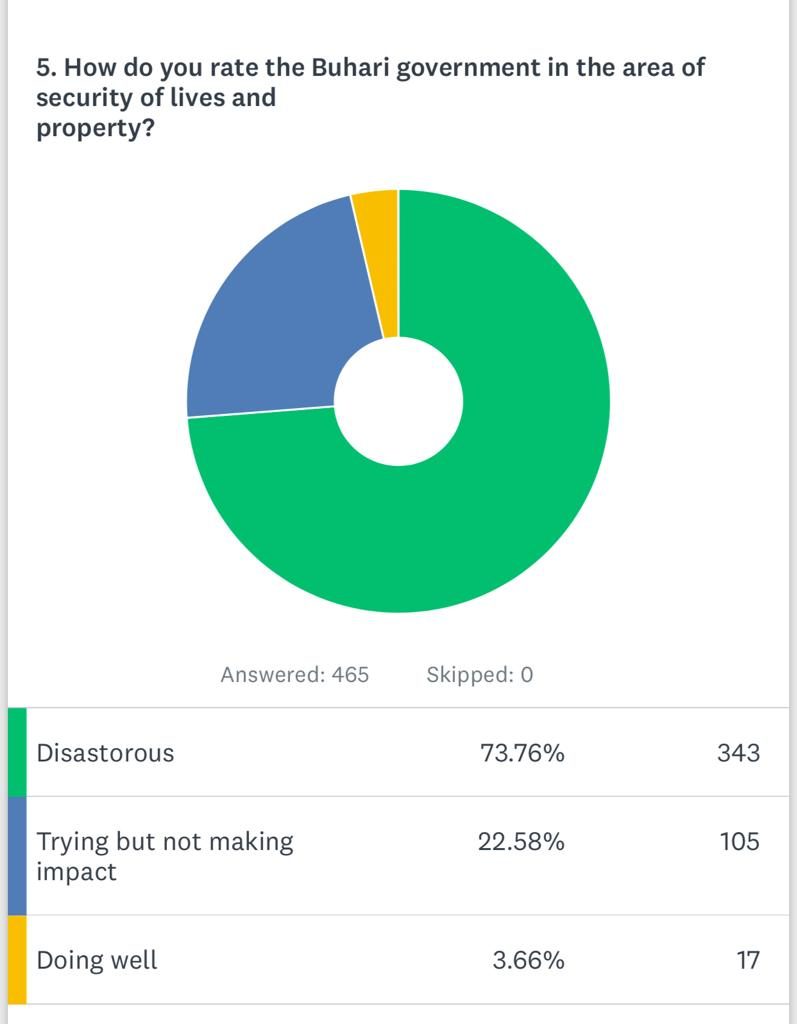In the few days leading to the eclipse on 2018, reports from the warfront in North East Nigeria provoked huge concerns, fiercely stirring panic within communities in and around Maiduguri, Bornostate. Governor Kashim Shettima, within this period, quickly called an emergency security meeting to receive briefs from different security commands in the state. At the Executive chambers of the Government House, Maiduguri, the seat of power in the state, the situation was grim and faces drawn.
In fact, the situation appeared so dire as Nigerian troops facing the onslaught of the combined affront of insurgency from terror groups, Islamic State West Africa Province, ISWAP, and Boko Haram forces, beat a steady retreat, incurring monumental losses of locational facilities. Within two weeks, the Nigeriantroops had retreated tactically or been overran in strategic military bases. Out of 20 military bases in northern and central Borno where Nigerian troops were in control 14 had been overran or altogether been shut down.
Does the recent string of losses by the military represent a momentary setback likely to be overturned swiftly by the military or is the trend a fore-test of an uncertain future? All diplomatic and international military platforms knowledgeable about the escalating conflicts in the Lake Chad Basin affirm that at no time since the surge of violence in the region have the terrorists been in command of the level of weapons available to them today. Two developments explain this.
The terror groups, in recent time, have received a flush of funds from ransom paid to them allegedly bythe government. Equally, there have been a steady access to unimaginable cache of military weaponry including hard wares and ammunition from bases overran by the insurgents, remarkably bolsteringtheir war chest. For instance, the loss of the International Military Task Force Base, headquarters of the Multinational Joint Task Force, in Baga, headed by an Army General, is reported as monumental not merely in the loss, of location but because of the massive military hardware and ammunition only comparable to what is available to the Military Division in Maiduguri, to ISWAP.
The insurgents are obviously riding the momentum and are motivated in manners that are completely alien to the military. According to a recent report by the AFP, in no year since the upsurge of conflicts in the North East have Nigerian troops been exposed to the level of casualties inflicted on them by the insurgents in 2018 alone. With an enlarged war chest, a strategic control of the economic mainstay of the Chad Basin cross cutting fishing, all season farming, water and control of cross border trade routes, the insurgents are looking formidable.
No wonder, they have recently scaled up recruitment of new fighters across both English and French speaking countries in the surrounding countries of Cameroon, Chad, Niger and Nigeria. Information gleaned from contacts within the fold of ISWAP paint an insight that seems to have challenged the position of politicians and the military in respect of holding territory. ISWAP always considered the territories of Northern and Central Borno their Caliphate territories. The presence of the Nigerian troops and particularly military bases were considered invasion by the military.
Bidding their time until they had adequate ammunition with additional army of motivated fighters to unleash new wave of violence the group was willing to stay under the radar for a few years before drawing the line on the sand. Their long wait paid off in 2018. They have been on the offensive all of 2018. The ISWAP’s strategy is to put everything available to ensure that military presence in those territories they consider part of their caliphate is made ever untenable. ISWAP considers all parts of north and central Borno as its caliphate and territory and therefore obligated by doctrines and commandment to repel every external aggression within the territory.
This is irrespective of whatever politicians and the military claim is the situation within those territories. In fact, Boko Haram / ISWAP policy with respect to physically holding territories changed after the steady losses they suffered in the run up to general elections in Nigeria in 2014. They do not want to physically hold unto territories anymore than they are determined to ensure that the military does not have any sustainable presence in the territories. Furthermore, ISWAP is paying more premium to wooing local communities to feel more secure with them than they could ever be with the military. That is their strategy.
They have secured the economic lines in the territories they control. The Lake Chad territories have become more fertile for famers and more viable for commercial fishing activities. They have largely crippled the fish and onions markets in Maiduguri. In its stead, they have opened secured trading locations in Kinchandi, in Niger Republic and another in Kusiri, in Cameroon. Nigerian traders rely on the market in Kusiri, Cameroon through Mubi, in Adamawa. The other in Kinchandi, in Niger Republic. The Nigerian market in Hadeja, Jigawastate depend heavily on the market in Niger Republic.
Nigerian troops apparently would rather confiscate a trader’s wares, forcibly take their livestock for their feeding than device any system of commercial comfort that would help them grow their business. It therefore seems not far fetched that several local communities appear to cooperate better with ISWAP than with the Nigerian troops. ISWAP want to primarily make it unattractive and too expensive in terms of body count and loss of hardware for the military to maintain a base in any of these territories. They calculate that as long as they continually target and attack military formations, forcing them to beat a retreat so long would it be easier for local communities to accept that they were more secured in the territories under them than under the cover of Nigerian troops.
Moreover, they envisage that for as long as they sustain the push back against the military for so long will it be difficult for the demoralized troops to muster confidence to put them at tactical disadvantage anytime soon. Is the 2018 military strategy and campaign working? The facts based on the number of military formations successfully attacked and overran by ISWAP in 2018 in the areas of its dominance is 70 percent. What this translates into is that out of 20 military bases in these territories, ISWAP have either sacked by overrunning or forced the military to shut down a total of 14 bases within 2018 alone. The only time this ratio of attacks and take overs came close to the 2018 numbers was in 2014. By the end of 2015 it was below 50% success ratio which further dropped in 2016 and 2017, only to witness a sharp surge in 2018.
The outlook of the map in the battle theatres is grim. The territories that constitute Northern Borno are 10Local Government Areas lying north of Maiduguriand bearing natural land borders with three countries namely Niger Republic, Chad and Cameroon. ISWAP have full sway in these territories currently. The territories that constitute Borno Central are made up of eight Local Government Areas, and both ISWAP and Boko Haram have significant footholds in these territories. Southern Borno, made up of nine Local Government Areas is the least affected with the exception of flashpoints like Gwoza, Damboaand Chibok. With barely 45 days to presidential election in Nigeria there seems to be more energy at official quarters to cover up the tragic situation than acknowledging it.
The military have rightly stated that ISWAP may not be holding most of the territories where it overran its bases, especially the town of Baga. ISWAP on its part, is also right when it says it has sacked soldiers from the areas it attacked, including Baga. Neither the military nor the insurgents have the manpower and capacity to hold and govern over these large expanse of land sustainably. But in desisting frombuilding visible administrative and military structures in the areas of their primary interest ISWAP have evolved in a way that is difficult for Nigerian troops to track. On the other hand, by being fixated with claim of control of territories the military have only succeeded in making its troops sitting ducks and easy targets of the enemy.
More clearly, ISWAP is no longer showing interest in taking a formidable military base such as was in Baga and staying put there. It doesn’t apparently serve their tactical and strategic interest well. They are more interested in taking over military hard wares and ammunitions in those bases while instilling fear on the troops and making it extremely difficult for the military to have the comfort to plan and launch attacks. For instance, two days after overrunning the military base in Baga, the ISWAP moved out of location with military hard wares and ammunition. According to knowledgeable sources, the objective is not to necessarily capture and hold new territories, what is far more strategic to ISWAP is to continually “unsettle the military in their bases across the Lake Chad region.”
There is no better indication to the effectiveness of the tactical approach of ISWAP against the military than seeing that Nigerian troops in the troubled locations are unable to undertake patrol duties. Rather, they are mostly in the trenches practically waiting for the next attack. One troubling outcome of this is the escalating number of troops on desertion charge. For instance, in just one detention centre in Jos, Plateau state, there are over 20 military deserters rounded up and detained. Similarly, a growing army of deserters are being held across major military detention facilities in the country. Obviously embarrassed at this turn of events, the military authorities are zealously covering up on these.
An Army officer currently hospitalized lamented that “soldiers have become cannon fodders,” revealing that “there are more soldiers deserting their commission over Boko Haram war. “I can count dozens in my unit alone that escaped after they survived an attack.” The Nigerian Police Force are embroiled in similar matter with 121 officers of the rank-and-file who reportedly deserted in protest against planned deployment to the warfront dismissed with immediate effect.
The Inspector-General Ibrahim Idris, according to a report in Premium Times (December 28, 2018), ordered their dismissal. “The Police are very kind to their officers for dismissing them, we are not that lucky because after we attempted to escape, we were arrested and detained without trial for severalmonths,” said a soldier detained in one of Special Task Force (STF) detention centers in Jos. He was arrested after he absconded along with scores of his colleagues from the warfront.
A confident Army Captain in the frontlines who spoke with our reporter on condition of anonymity extolled the troops for their gallantry on several occasions. He said that unlike the terrorists, the military do not carry cameras into the battlefront to record gun exchanges. According to him there are far more attacks on military bases and units by the terrorists that were repelled than the ones in which the locations were overrun. “The terrorists go to battles with cameras, while we, as a matter of policy don’t.” Nevertheless, he contends that Nigerians do not care about the number of insurgents that we have killed, “the killing of soldiers that protect the country’s sovereignty constitute a source of concern, what this means is, if soldiers continue to die, Nigeria itself may fail to exist,” he concludes.
Some of these attacks were so overwhelming that the bases were overran with hundreds of casualties. According to multiple media reports, not less than 1,000 soldiers have been killed within 2018. These casualty figures do not include soldiers killed in Niger Republic, Yobe, Adamawa and in Southern Borno. “In fact, there has never been a year soldiers were killed more than in 2018, not even 2013 and 2014 did we see the kind of casualties we experienced today,” said another soldier who doubles as a medical doctor in Maiduguri. More traumatizing for soldiers, according to ISWAP sources, are the humiliating experience of scores of abducted soldiers compelled to tutor the insurgents on new weapons handling before they are enslaved or executed.
Informed sources state that the Military facility in Monguno is probably the only larest operational base outside of Maiduguri presently that is unaffected. Four or five are in Gajiram, Gajiganna, Gubio, Kareto, while Damasak is manned by the Multi-National Joint Task Force at the border with Niger republic. According to a serving military officercurrently hospitalized, “the soldiers in most of these bases have all taken up defensive positions to protect their turfs and can hardly venture outside to patrol or engage in any offensive attack.”
Just like the officers deserting, the Military itself has long abandoned any mentality of “no retreat, no surrender,’ having steadily been on the retreat from several Military bases. Weeks ago, they shut down two bases in Gudumbali and Kukawa. “We retreated to Monguno before Baga was attacked. Now, some soldiers and residents are running away from Monguno to Maiduguri,” reported a soldier in Shagari Low Cost Housing Estate in Maiduguri. Hehighlights the utter helplessness of the soldiers: what is disturbing is the effrontery of “ISWAP in makingsure that we are fully made aware of their plans ahead of any attack. There was never an attack that we don’t see in advance, yet we are helpless,” he lamented.
In the midst of these setbacks Military fat cats are feeding exceedingly well on account of the war. On28, December, 2018 the Defense and Foreign Affairs of the International Strategic Studies Association (ISSA) based in the United States of America stated that “the conduct of the war in the North (East of Nigeria) is tied to the corruption in the military, and (President) Buhari - ring-fenced by his own team - is unable to tackle the issue. ISSA, the Washington-based non-governmental organization with a worldwide membership of professionals involved in national and international security and strategy in its report stated that massive corruption among top military chiefs appointed by President MuhammaduBuhari is the reason Nigeria is losing the war against Boko Haram.
According to the report, the only significant engagement which the Nigerian military leadershipseems determined to fight “is to stop the leakage of information about massive corruption, running into the equivalent of several billions of dollars, in the purchase by senior military officers of major military capital goods and military consumables, including the troops’ own food.” More than anything, it is the noticeable resurgence of the Lake Chad and the commercial viability of the territories under ISWAP that present the greatest pull on individuals in the Internally Displaced Persons (IDP) camps to return to their villages. But for others, it is their ability to put out a good fight and sometimes win with an Army that enjoys global support, that is the biggest inspiration that makes many want to join. A recent recruit and a Francophone citizen said, “ISWAP fortunes only means one thing, Allah with us.” Another that abandoned his rich family business in Kano to become a fighter said, “I have no doubt Angels are fighting with us, otherwise there is nothing that explains our victories.”
In the light of these realities, should the Nigerian Military continue with the tactical mentality that is leading them into embarrassing losses? For a government that has made so much premium of a claim on its control of territory from the insurgents, what these developments point to is probably worse than a setback. Efforts by independent observers to point out the evidently skewed tactical mentality have been visited with official hostility. Local and international Civil Society Organizations and the media have, for these reasons, come under attack by the military. For calling the Military out on its ignoble human rights abuses, including rape and extra judicial executions, Amnesty International and other Human Rights organizations have been targeted for official harassment.
Despite a consistent stream of global ratings and reports about Nigeria’s crisis, notable among them being the 2018 Global Terrorism Index in whichNigeria emerged the third most terrorized nation globally, both the Military and politicians in government have carried on as if this was of no consequence. The index placed Nigeria behind war-torn countries such as Iraq, Afghanistan and ahead of Syria and Pakistan. However, the report also showed a 16% drop in the number of deaths linked to terrorism in 2017 from previous year.
Also, the World Economic Forum in its biennial tourism report with the specific section focusing on safety and security, recently ranked Nigeria as one of the most dangerous countries in the world. Amid all these disturbing realities the local media generally have caved in to a new sense of self censorship promoted by the Nigerian military, which is, “stop reporting the killings to dissuade Boko Haram from further killings” instead of, prevent the insurgents from killings in the first place, so that, there wouldn’t be any death to report.
~ By Ahmad Salkida
